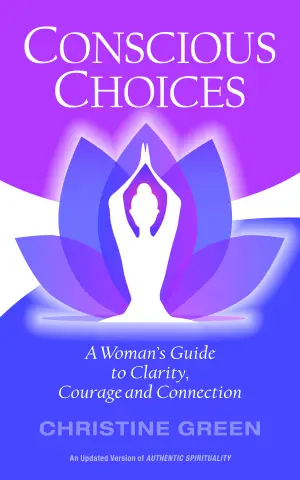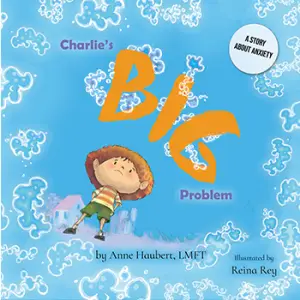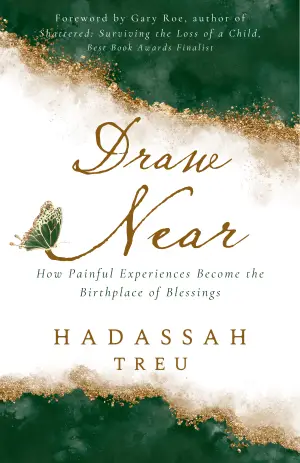Exploring the Dark Corners: A Personal Reflection on Black Pill by Elle Reeve
When I first stumbled upon Black Pill: How I Witnessed the Darkest Corners of the Alt-Right, I felt a mixture of intrigue and apprehension. Elle Reeve’s courage in diving into such an unsettling world made me curious about what drives individuals towards these extreme beliefs. Having read extensively about incels and their dangerous ideologies, I expected the book would be disquieting—but I never anticipated the depth of insight and complexity it would offer.
Elle Reeve’s voice stands out as both a fearless journalist and a nuanced observer, effectively bridging the gap between personal narrative and stark reality. Her account isn’t simply one-dimensional horror; rather, it serves as a well-researched exploration of a movement that’s insidiously woven itself into the fabric of our society. Reeve interviews various figures within the alt-right landscape, unpacking their beliefs, motivations, and lived experiences. While I was familiar with many vile comments and actions from these groups, the degree of emotional and psychological turmoil she reveals is striking.
One aspect that truly resonated with me was Reeve’s intricate portrayal of her interactions with these individuals. The discomfort of being both an observer and a target in a complicated dynamic is palpable. It’s remarkable how she underscores the irony: those who might appear to be harmless and isolated often harbor deep-seated resentments and exert influence in unexpected ways. The absurdity of their obsession with her, including crude memes that mischaracterize her identity, highlights their profound disconnect from reality.
Reeve’s writing style is immersive, combining a gripping narrative with a detective-like approach to uncovering truths. She doesn’t shy away from the complexity of her subjects, even when it leads to uncomfortable questions. I found myself grappling with the tension between understanding their backgrounds and recognizing that they should not receive sympathy for their actions. Her insight into their flawed logic—where incels blame their misfortunes on societal shifts rather than introspection—was both enlightening and infuriating.
One quote that sticks with me encapsulates the essence of this struggle: “We cannot cater to their victim narrative when they’re the ones perpetuating cycles of hate.” This sentiment resonates with me deeply, reminding me of the importance of accountability in discussions surrounding extremism.
While I appreciated her candidness, I did share some of the concerns voiced by others about potentially humanizing such figures too much. In her interviews, there were moments where their pain is laid bare, and I often wondered if it might inadvertently extend a thread of empathy to those who have caused significant harm. Reeve’s friendship with controversial figures like Fred Brennan raises these questions further. Are we allowing a justification of sorts for their past actions through our understanding of their struggles?
Overall, Black Pill is a crucial read for anyone eager to understand the mechanisms that empower extremist ideologies and how they infiltrate mainstream dialogue. It’s an unsettling journey, one that doesn’t just expose the plight of certain individuals but calls for collective accountability in our communities. For those interested in social justice, psychology, or contemporary politics, Reeve’s work offers both a warning and a ray of insight into navigating these dark waters.
This book has left me reflective, grappling with the complexities of human nature and the forces that drive people to violence. The more informed we become about these ideologies, the better prepared we’ll be to confront the hate that can lurk beneath the surface. Engage with this book if you dare; it’s an unsettling but necessary step toward understanding a reality that impacts us all.
Discover more about Black Pill: How I Witnessed the Darkest Corners of the … on GoodReads >>






